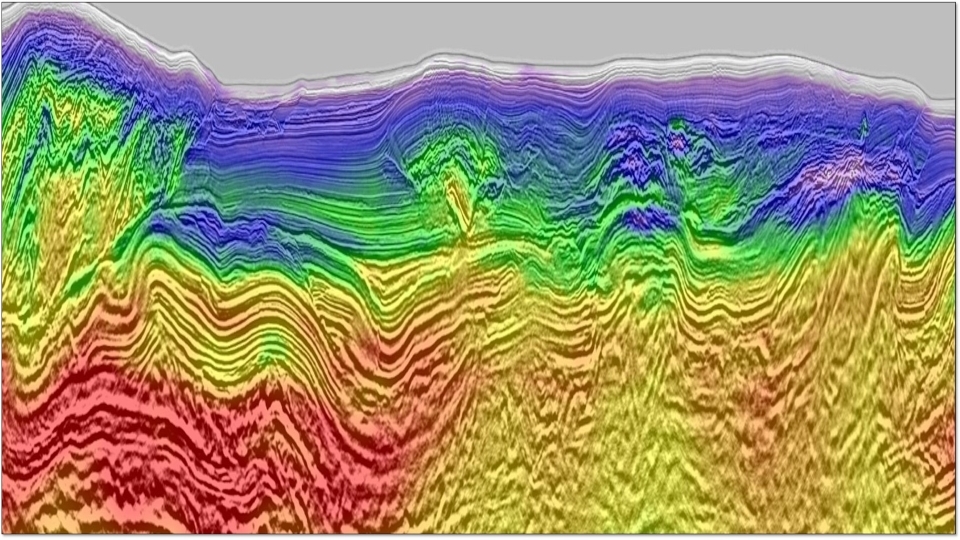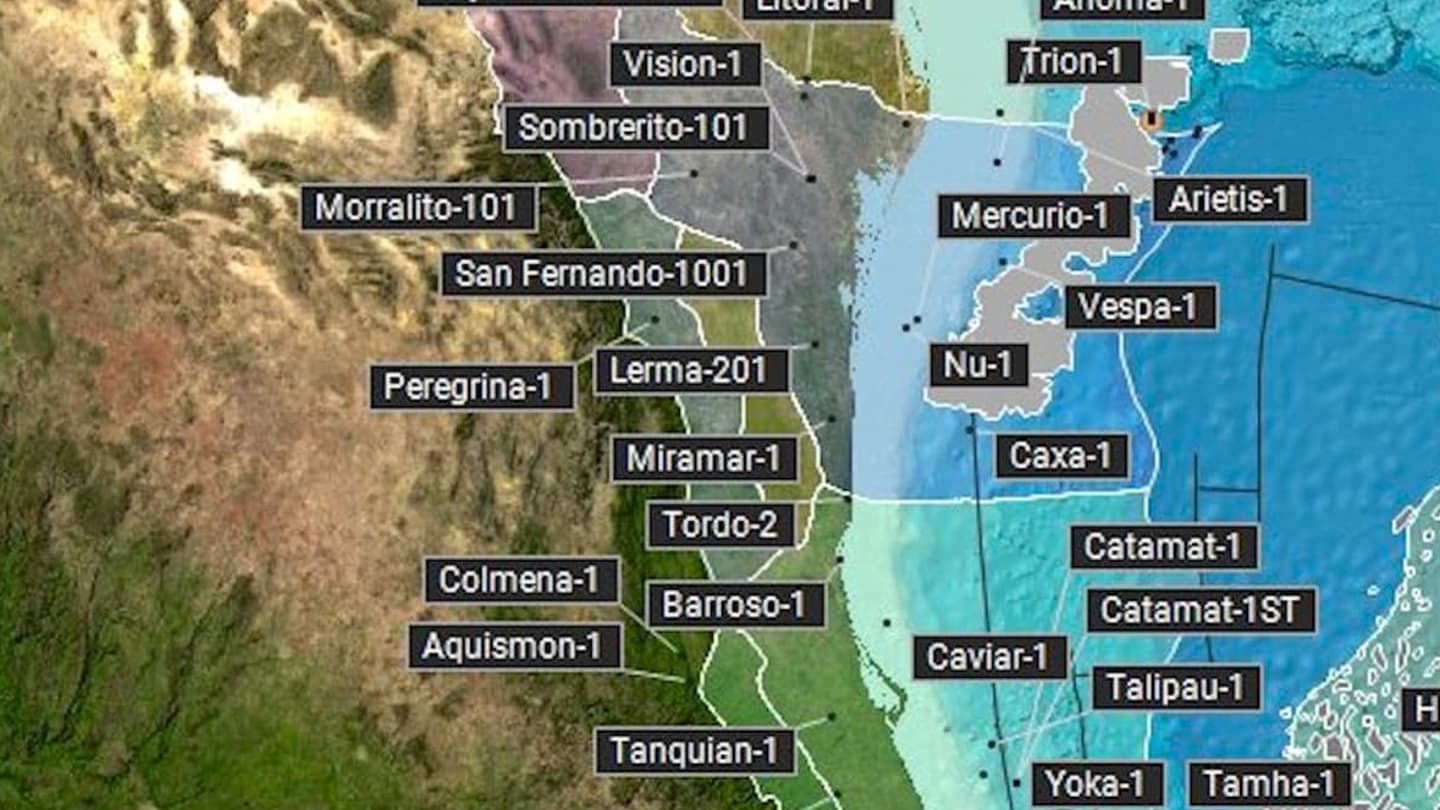The combination of ever-increasing computational power and more robust algorithms have made it possible to run full-waveform inversion (FWI) to higher frequencies and, also, offer more possibilities to take advantage of the reflections in the inversion. Through a process known as FWI Imaging, the detailed velocity models produced can be used to generate a reflectivity normal to the reflector plane. We outline the methodology and advantages of FWI Imaging, and introduce the concept of a dip-coherency image as an additional interpretation tool, using information parallel to the reflector plane. We show examples from the densely sampled source-over-spread Greater Castberg survey in the Barents Sea, demonstrating the uplift in the FWI Image over conventional imaging methods in terms of more balanced illumination and richer low frequencies. We performed decimation tests to assess the acquisition geometry impact on FWI imaging. Although the benefit of FWI imaging can still be observed on less well-sampled data, the best result remains with the original, densely sampled source-over-spread acquisition.
Download Resource 
Publications
EAGE - European Association of Geoscientists and EngineersAuthors
Henry Kerrison, Paul Fallon, Ewa Kaszycka, Krzysztof Cichy, Andrew Ratcliffe, Nabil Masmoudi





